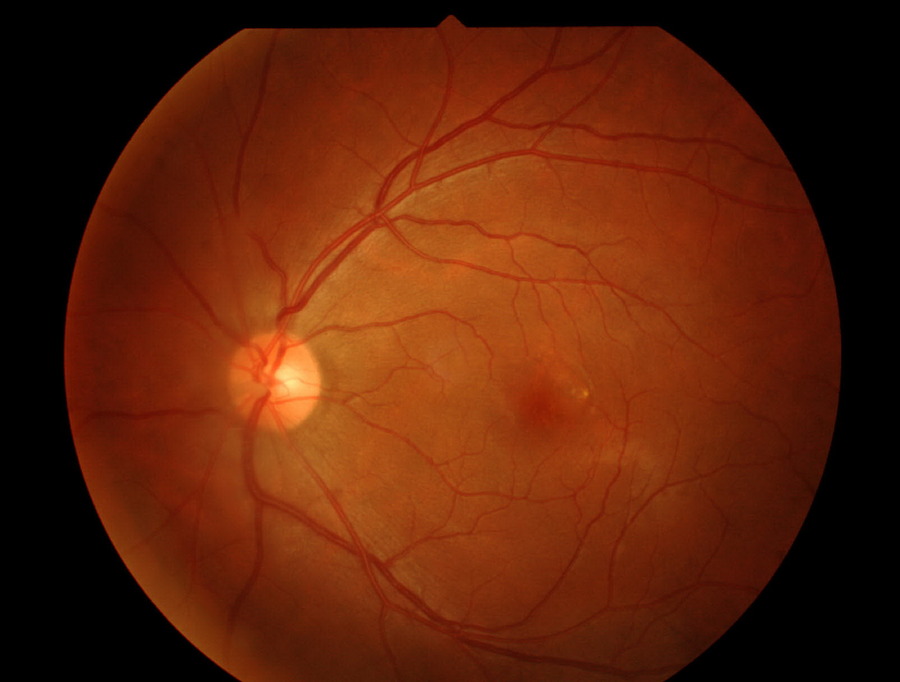Why Are Regular Eye Exams Necessary?
Your Optometrist will probably recommend that you have a sight test every 2 years provided you are a healthy adult or child. However, your optometrist may recommend more frequent visits if you fall into one of the following categories
- Under 16 and wearing glasses or contact lenses
- Diabetes
- If you are 40 or over with a family history of Glaucoma
- 70 or over
Why Do I Need an Eye Test Every 2 Years?
Have you ever wondered why if you are a healthy adult under 70 you need a sight test every 2 years? There are many reasons, and it’s not just so the Optometrist can sell you glasses or contact lenses.
Vision is considered to be the most valued of our 5 senses, so it makes sense to look after it, but it’s not only your vision that benefits from regular sight tests.
The Top 5 Reasons For A 2 Yearly Eye Test
- Vision Protection - According to the CDC (Centers for Disease Control) it is estimated that half of visual impairment and blindness can be prevented through early diagnosis and treatment. A field test alone can check for:
* Strokes
* Brain Tumours
* Macular degeneration
* Multiple sclerosis (MS)
* Graves' disease (hyperthyroidism)
* Pituitary gland disease
* Scotoma (Blind spot) - Your General Health - Eye tests can help identify non-eye diseases such as diabetes, high blood pressure, high cholesterol levels and even some cancers.
- Improved Quality of Life - You may not always notice slight deteriorations in your vision, you may be squinting more, suffering from dry eyes, experiencing more migraines than usual, or find yourself walking down the full length of the aisle at a supermarket because you can't see what’s at the bottom. It’s easy to put up with these mild changes or inconveniences, however, the correct vision correction can improve all of these and more.
- Perfect Vision - Make sure your vision is corrected to perfection, whether your vision has changed or not, you could improve your vision with the newest contact lenses available, or maybe from a professional adjusting and cleaning your glasses.
- Benefit from New Tech - Optometrists are increasingly modifying their tech, they can see your eyes in more detail than ever before, and even in 3D! - ask about retinal imaging, or OCT (Optical Coherence Tomography) and see the inside of your eye for yourself.

With all of that going on you can see why a two-yearly visit to your optometrist is recommended, but there are lots of reasons why you should not wait two years, if you experience any of the following you should see your Optometrist Immediately.
- Eye infection - Although most eye infections are minor - on rare occasions eye infections such as acanthamoeba keratitis can lead to complications, including blindness.
- An eye injury - Although you can seek out medical attention from your optometrist for an eye injury, a visit to A&E might be the best option
- Changes in Vision, or sudden onset of blurriness - These could be indications of conditions such as cataracts, or AMD (age-related macular degeneration) so always seek optical attention quickly.
- Double Vision - can be an indicator of nerve injury and even some brain conditions.
- Onset of floaters, flashing lights, or halos around lights - This could indicate the onset of a migraine or more serious eye issues such as cataracts, glaucoma or a retinal detachment.
- Any sudden loss of vision - Whether it’s a complete loss of vision or just a darkening of vision for a brief time, you need to make an urgent eye care appointment or go straight to the casualty department.
Conclusion
A regular two-yearly eye test will help ensure your eye health and some of your general health are checked and that you remain healthy. However, there are times when you should not wait two years but seek optometric care quickly, and sometimes immediately.
Always be aware of your eye health and don’t be afraid to seek medical attention if something is not right.
For further information about sight tests, and to discover what tests your optometrist performs and what they are looking for, check out our article here.

